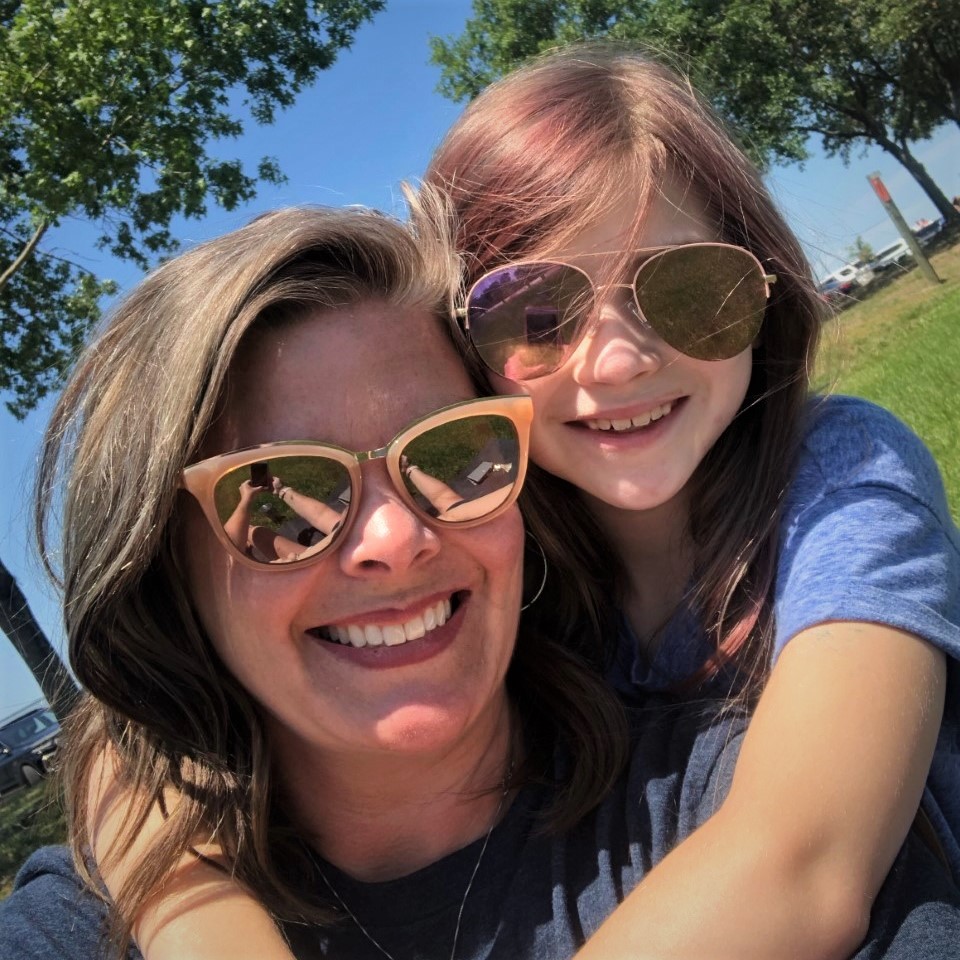By the Office of Special Education Program
OSEP is pleased to introduce our newly released Fast Fact focusing children with disabilities aged 3 through 5 served under Part B, section 619 of the IDEA.
For the OSEP Fast Facts: Children 3 through 5 Served Under IDEA Part B Section 619 we present data from the data collections authorized under IDEA section 618 including that collected through child count and educational environments.








